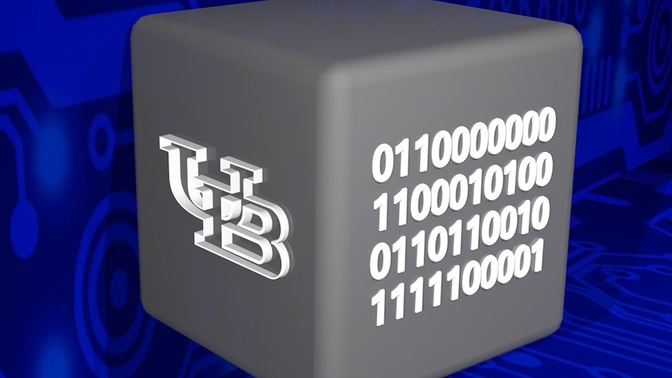
Blockchain Basics
-
Lectures4
-
Duration19 Hours
-
LevelBeginner
-
DeliveryOnline
-
AudienceProgrammers
-
University
An introductory blockchain course for the technologically-savvy learners. The course starts with the two main blockchains, Bitcoin and Ethereum, devoting more focus to the latter. In the second half of the course cryptography concepts and consensus mechanisms are discussed and the implemented solutions from Bitcoin and Ethereum are reviewed.
The course is designed for programmers since many blockchain components are explained using programming, computer science concepts that are taken for granted as known.
The courses requires learners to know at least one modern, high-level programming language. In addition, the VirtualBox experience and GO language essentials will be helpful for the final lab assignment.
-
Content
The course is structured as “concepts – implementation examples”, where examples are taken from Bitcoin and Ethereum. During the course there is more attention to Ethereum blockchain since it is seen as a technically superior solution than Bitcoin blockchain. The course discussions, the language are quite technical. For example, a smart contract is introduced by comparing it to a class definition in an object oriented design setting having “data, functions or methods with modifiers public or private, along with getter and setter functions”. In the last two chapters selected concepts from cryptography, distributed systems are explained in quite detail leaving many important aspects for self study. For the final assignment learners have to install and run the preloaded VirtualBox virtual disk image on their PCs, which could be challenging depending on an operating system/PC configuration (we had recently done the assignment and everything worked fine on Windows 10).
-
Technology
The is an introductory blockchain course that covers many blockchain related technical details and uses a “technical” language. Therefore, the course will be mostly enjoyed and valued by programmers having experience in running applications on different operating systems not easily spooked by technical-operational glitches.
-
Applications
The course focuses on the technology covering both Bitcoin and Ethereum, which should make learners comfortable using these blockchains. In addition, the course includes short interviews with the blockchain industry representatives providing some brief insights into the practitioner's perspectives.
-
Delivery
The learning material is primarily presented as video and text based lessons. One could hear instructor’s accent in video lectures although this is not a problem at all. Self study and reading external articles is required to complete lab assignments. Each lesson is followed by a short quiz that tests the understanding of new concepts. In addition, the learners have opportunity to discuss new concepts, ideas in the online discussion forums. The certificate-related exercises are available just in the paid version.
This first course of the Blockchain specialization provides a broad overview of the essential concepts of blockchain technology – by initially exploring the Bitcoin protocol followed by the Ethereum protocol – to lay the foundation necessary for developing applications and programming. You will be equipped with the knowledge needed to create nodes on your personal Ethereum blockchain, create accounts, unlock accounts, mine, transact, transfer Ethers, and check balances.
You will learn about the decentralized peer-to-peer network, an immutable distributed ledger and the trust model that defines a blockchain. This course enables you to explain basic components of a blockchain (transaction, block, block header, and the chain) its operations (verification, validation, and consensus model) underlying algorithms, and essentials of trust (hard fork and soft fork). Content includes the hashing and cryptography foundations indispensable to blockchain programming, which is the focus of two subsequent specialization courses, Smart Contracts and Decentralized Applications (Dapps). You will work on a virtual machine image, specifically created for this course, to build an Ethereum test chain and operate on the chain. This hands-on activity will help you understand the workings of a blockchain, its transactions, blocks and mining.
Main concepts are delivered through videos, demos and hands-on exercises.

Leave a comment ...
Your email address will not be published. All the submitted comments will appear on the site after being reviewed by a moderator.